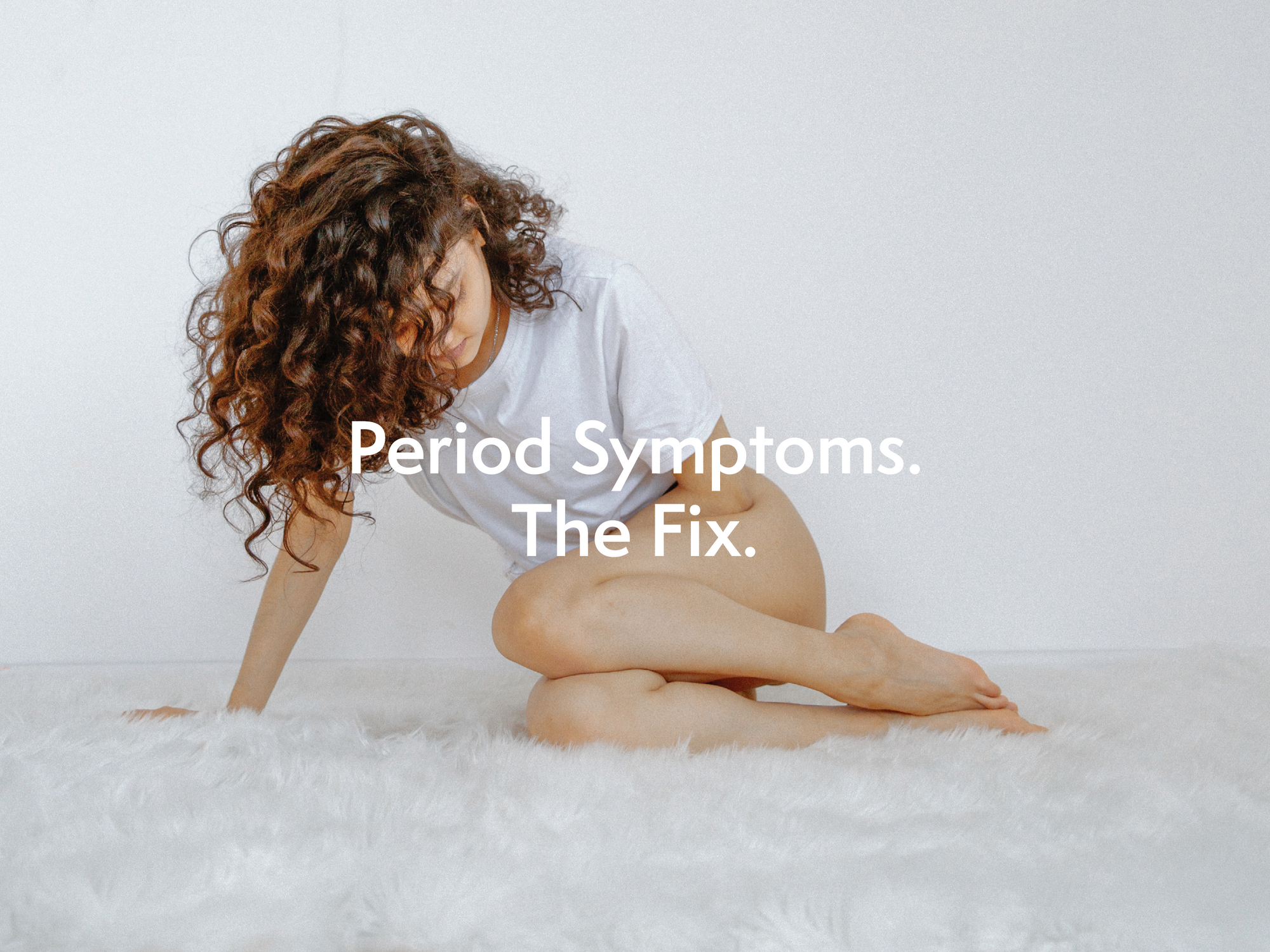Is organic period care worth the hype?
The world of period care can be tricky. One menstrual cycle, you think you’ve found your go-to brand of tampons, pads, cups or undies. But by the time the next bleed rolls around, you might’ve caught wind from a friend that there’s an ‘unbleached’, ‘organic’ option that’s allegedly ‘better for you,’ or even ‘better for the environment.’
Organic period care seems to be having a bit of a moment. But beneath the veil of clever marketing, misinformed claims, low-key fear-mongering and high-key greenwashing, how do we discern the key differences between organic and conventional period care? And is opting for organic really worth the extra coin?
Well, one progressive period care mogul had the moxie (pun incoming) to tell dispel the swirling misconceptions surrounding the organic versus conventional period care debate.
Founder of period care company Moxie (oop, there it is) Mia Klitsas, helped me clear up the rumours once and for all, so you can make an informed choice about whether or not to go organic.
Read on for some serious myth busting.
What’s the difference?
The key difference between organic and conventional period care is that the organic option is made using organic cotton.
‘But what does that actually mean?’ you say? Mia clarified that what makes organic cotton, organic, is all about how it’s grown.
“Organic period care is essentially… made with organic cotton that is not sprayed with chemical fertilisers,” she explained.
“So the organic cotton is grown in such a way that follows a certain process that deems it to be organic.”
Conventional tampons, on the other hand, are made using either rayon fibres, a man-made material that’s cost-efficient and pretty readily available, or regular ol’ cotton.
Are organic tampons ‘better for you?’
OK, time to debunk the goop-ifed marketing you might have been privy to.
Currently, from a health perspective, there are no scientifically proven benefits to choosing organic over conventional. Zilch. None. Nada.
There, I said it! And so did Mia.
“Tampons are really heavily regulated in most markets in the world, and those regulations are actually quite strict,” Mia said.
“So for a tampon to be sold and to be on the shelf, it has to meet pretty strict regulations.
“So whether it's organic or non-organic, it really should be adhering to the same standards for use, irrespective of what material it's made from.”
So there you have it, folks. Both options are safe to use under the air-tight regulations that are governed by Therapeutic Goods Association (TGA) in Australia.
In saying that, Mia did mention that organic cotton period care might be a more hypoallergenic option if you’ve got skin down there that’s sensitive to materials like rayon or polyethylene.
But, no, organic cotton won’t make your periods shorter.
No, organic cotton won’t stop regular period pain.
And no, you can’t keep an organic cotton tampon in longer than a conventional tampon.
Because whether a tampon is made from organic cotton or not, they both carry the same associated risk of Toxic Shock Syndrome.
“These are all myths,” Mia said.
“It's not true. It's just it's not possible.”
Is one option more sustainable?
From a Mother Earth perspective, you have to give it to organic period care. They absolutely have the potential to leave a smaller footprint!
Mia said the process of growing organic cotton is a little more sustainable when compared to the materials typically used in conventional period care.
“Organic cotton is not as heavily irrigated and sprayed as conventional cotton,” she explained.
“[Conventional cotton] can also take a lot of water to grow. Organic cotton? Not so much.”
But! There’s just one pesky problem; greenwashing.
Although yes, organic period care is generally more biodegradable, uses less water to produce and negates the need to use pesticides and chemical fertilisers, a lot of organic period care companies are still packaging their products in plastic (!).
So, if making a sustainable choice is your top priority when it comes to the products you use during your monthly, try to interrogate the entire product, not just the words embossed on the pretty packaging.
What about bleaching? Are bleached tampons bad for you?
One of the most absurd rumours I came across in researching this piece, was that conventional tampons are bleached with chemicals that can be absorbed by the vagina.
Mia put this rumour to rest. As it turns out, bleaching is an entirely necessary process when it comes to producing cotton tampons.
“Bleach essentially means to clean,” she said.
“Pure natural organic cotton, would have bugs in it. Everything has to be purified.”
Moxie uses a chemical-free, oxygen bleach process to clean their organic cotton, but again, period care is so heavily regulated by the TGA that any choice you make, will be a safe choice for your body.
So, organic or conventional?
It’s up to you, Boo!
Luckily, the period care choices we have on offer Down Under are all safe to use. You shouldn’t be made to feel as though you have to opt for organic if it’s not in your budget or belief system.
Because just as you might opt for a cup over a tampon, or reach for pads over period undies, going organic is just one of the many choices people who menstruate can make.
It’s totally personal, and not even an ounce of judgement should get in the way of you and your decisions.
If you’re unsure about the choice that’s best suited to you, the best thing you can do for yourself is to get informed.
“My recommendation to people would be to ask, to look at the ingredients and to do their research,” Mia advised.
“I think that as brands we hold the responsibility to be transparent about what our products are made from so that people can make those choices.
“But just because something's not organic, doesn't necessarily mean it's problematic.”


